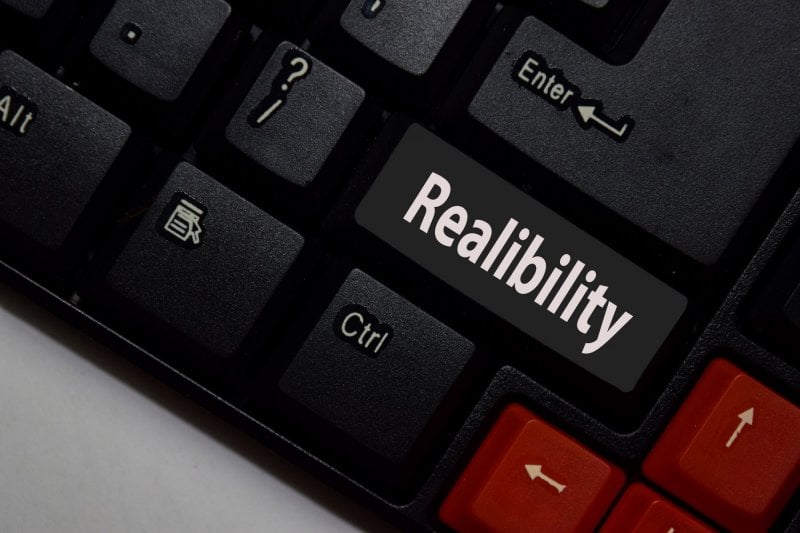Online marketing in the age of Social Responsibility

Pre-2000 marketing campaigns were full of false advertising. They were rife with superlative statements intended to grab the attention of consumers.
These commercials used unethical methods and would trick people into believing falsehoods. For instance, cigarette commercials would quote 'doctors' on the health benefits of smoking. Additionally, they would often use images of children in their campaigns.
Today marketing has taken a u-turn. Transparent and honest advertising is recognised as far more productive. Furthermore, companies are taking a social responsibility approach.
Alongside this, regulations set out to protect people's health have also helped shape the advertising world. Instead of "Gee mommy!" slogans, you'll now find the honest 'Smoking Kills' statement.
Today we take a closer look at how online marketing has evolved since the concept of social responsibility took hold. We'll also share some examples of how some businesses are so successful at this it's made them famous for it.
How Social Responsibility Marketing Works
To be socially responsible as a company means to use ethical behaviours towards society. To achieve this, many businesses create value-based branding.
For instance, they’ll stay true to and promote an eco-friendly way of working. Many companies have taken this approach in recent years by switching to paper over plastic, while encouraging you to do the same.
Consumers nowadays consider the value of their purchase beyond the cost. They actively seek to buy from brands that reflect beliefs similar to their own. Therefore, this strategy doesn't just help society but is also profitable for the business.
Social responsibility sits hand in hand with the regulations that marketers must follow by law. For example, online casinos can't promote gambling in any way to minors or claim that it's profitable.
By avoiding these areas, operators stay within responsible gambling regulations and protect the vulnerable. Find out more about responsible gambling here.
Examples of Effective Social Responsibility in Marketing
Many companies from around the globe have built a socially responsible brand and excelled because of it. They've not only made a considerable amount of profit since launching, but also changed the world for the better.
TOMS 'One for One'
The company pledges they'll donate a pair of shoes to a child in need for every pair you buy. Sales went through the roof and still 14 years later, business is still booming. TOMS is seen as an elite socially conscious business that ties its product directly to a charitable cause.
McDonald's
In comparison, mega-companies such as McDonald's have also set responsible goals. Instead of tying their products to charity, it has changed its business model more subtly.
As a result of social responsibility, the company doesn't directly advertise to under 12s. It also now promotes exercise to tackle obesity and displays nutritional information. On the menu are also low-calorie alternatives.
To Conclude
There are a variety of ways in which a company can reflect responsibility. Online marketing campaigns are the ideal platform to share brand values, links to charity and conscious efforts to improve society.
Thankfully gone are the days of false advertising and here to stay are honest regulated campaigns. In the long run, this method manifests customer satisfaction, trust and loyalty.